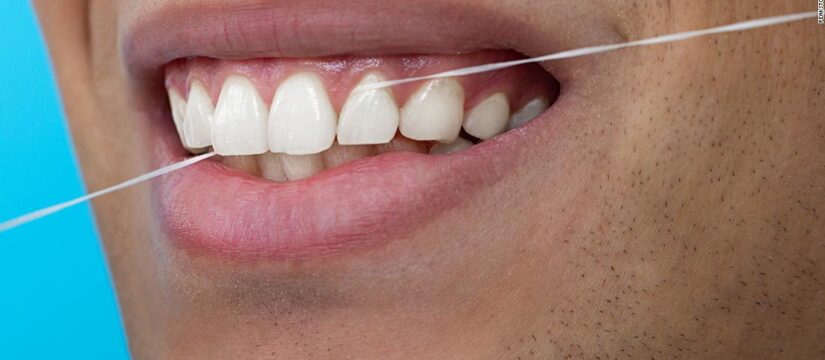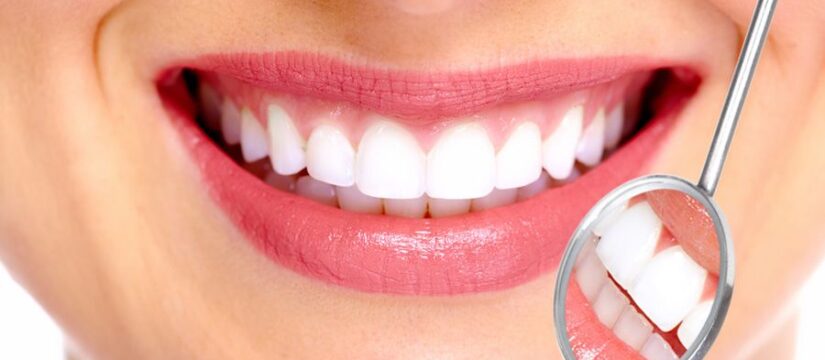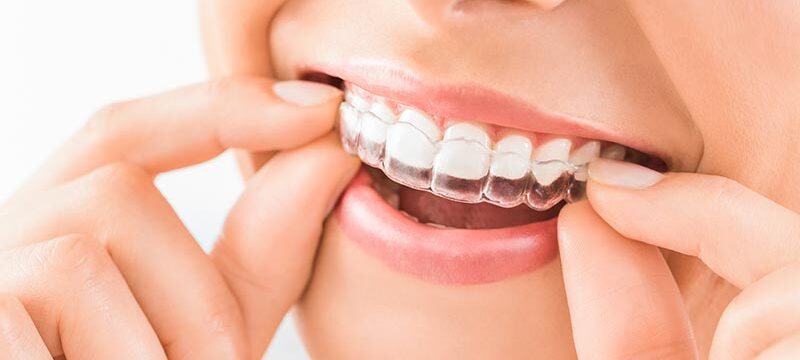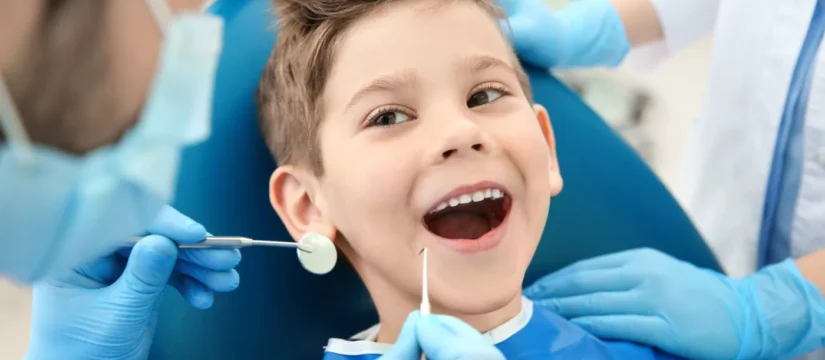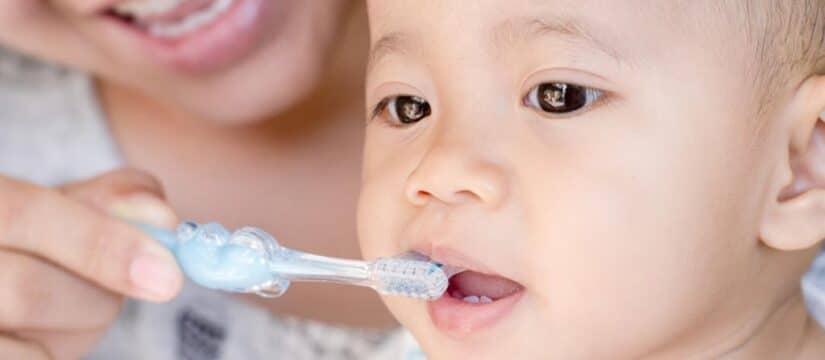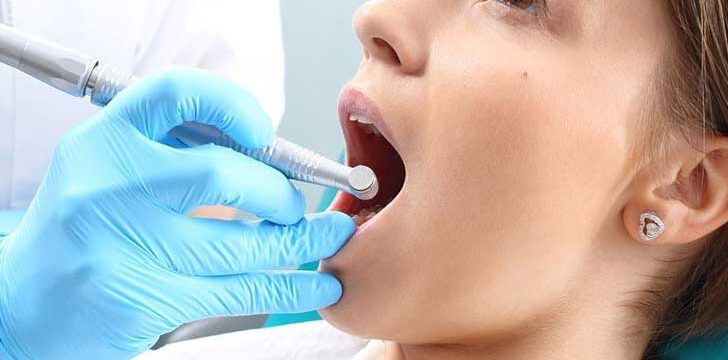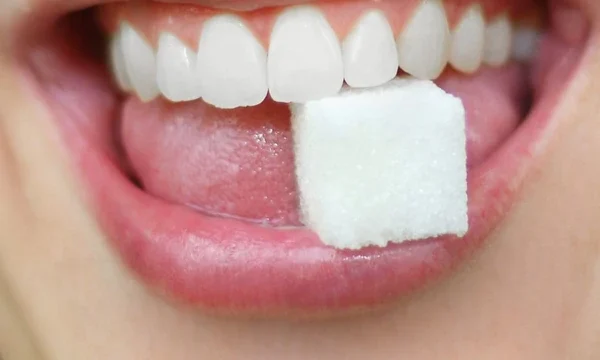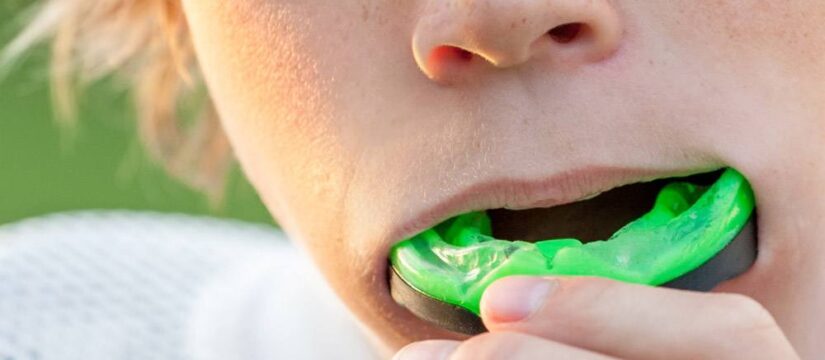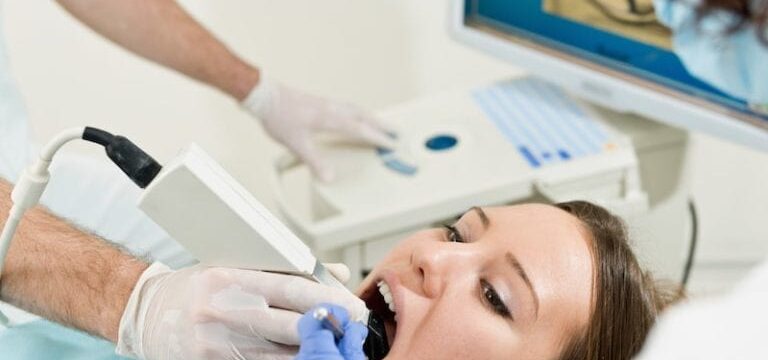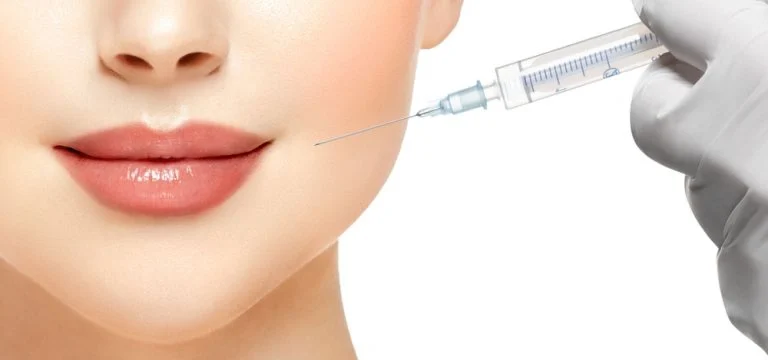The most forgotten step in our dental care routine, and maybe the most underestimated. Flossing helps with removing food and bacteria stuck in-between our teeth that daily brushing misses. Leaving the food and bacteria over time can lead to a few avoidable issues, such as bad breath, gum disease and can lead to decay. The…
Do We Really Need to Floss?
Use it or lose it
The end of financial year is fast approaching and we want to ensure all our patients are getting the most from their private health insurance. Some health insurance benefits will expire on 30th of June 2022. This means you may lose any benefits you have left as they do not roll over to the new…
Invisalign
Invisalign is a form of orthodontics that can straighten and adjust teeth, as well as fix bite misalignment issues. Unlike traditional orthodontic treatment, Invisalign uses clear aligners that are less noticeable than metal “train-track” braces. The process is simple, less invasive and can be more cost effective. Before beginning treatment, a scan will be taken…
Why dental visits are necessary for young children
The importance of dental hygiene is important in all ages and we highly encourage patients to visit a dentist from as early as 2 years of age. Keeping your children’s teeth and gums from a young age can assist in preventing infection, cavities and pain. At home it is important to brush your child’s teeth…
Do you need to brush baby’s teeth?
Teeth do not need to be cleaned unless they have erupted. However, it is just as important to clean the gums from approximately 3 months of age. This can be done using a wet face cloth or some gauze, twice a day. Baby teeth begin to erupt from 6-10 months of age, but every child…
What is a root canal and do I need it?
A root canal involves the removal of the nerve from the tooth. Treatment is a simple procedure that involves 2-3 appointments, 60-90 minutes, 3-4 weeks apart. The first stages of the root canal involves removing the nerve, placing antibiotics and cleaning out the root canals. The final stage involves filling the canals and placing a…
Sugar Intake
As the New Year is in full swing it’s the perfect time to reconsider some of those naughty habits, and consider how they may affect your smile. Did you know a high sugar diet can increase your risk of tooth decay? Sugar feeds the bacteria living in plaque on the teeth, causing decay and gum…
Mouthguards
Mouthguards are recommended for anyone playing a contact sport but are also suggested for anyone who plays a sport or an activity where there is a risk of injury to your face and teeth. Mouthguards help protect your teeth and avoid injury such as broken teeth, a broken jaw, the dislodgment of teeth and…
Improving you oral health with CEREC
Misshapen, broken down, worn and decayed teeth do not function well and prove very difficult to keep clean. This means that these teeth can not only ruin your smile but also negatively affect your oral health. When we are unable to clean our teeth and gums properly bacteria and plaque can build up and cause…
Treatment for TMJ
Do you have difficulty chewing, regular headaches, jaw pain, locking or clicking? Any of these symptoms can be a sign that you have issues with your temporomandibular joint (TMJ). If you also have problems with bruxism or grinding your teeth, there may be a treatment option you haven’t considered yet- anti wrinkle injections. When injected…

